Open on Evenings & Holidays! Extended And Flexible Hours!
* DNA Testing for Immigration
* Paternity Testing
* Prenatal Testing
* Deceased Paternity
* Forensic Testing & Much More!
Open on Evenings & Holidays! Extended And Flexible Hours!
* DNA Testing for Immigration
* Paternity Testing
* Prenatal Testing
* Deceased Paternity
* Forensic Testing & Much More!
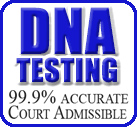
AB DNA Testing Services
63-11 Queens Boulevard
Woodside NY 11377
Phone: 718-701-0292
Fax: 718-458-9700
Monday: 10:00 am – 8:00 pm
Tuesday: 10:00 am – 2:00 pm
Wednesday: 10:00 am – 8:00 pm
Thursday: 10:00 am – 2:00 pm
Friday: 10:00 am – 8:00 pm
Saturday: Closed
Sunday: Closed
* After Hours: Weekends by appointment only *
We offer New York’s BEST AND MOST AFFORDABLE DNA TESTING with a full range of services to verify family relationships.
We specialize in the following types of DNA tests:
• Paternity • Prenatal • Maternity • Grand-parenting • Sibling Relationship • Biological Relationship Studies • Twin Studies • Deceased Paternity • Forensic Testing • Child Identity Testing • Family Tree and Genealogy Testing
* EVEN LOWER PRICE THAN HOME DNA KITS.
* NO HIDDEN COSTS – Collection kits, photography, and fingerprinting all included.
* 99.9% (OR GREATER) ACCURACY.
* FINAL RESULTS ARE PRESENTED IN A NOTARIZED DOCUMENT IN A CLEAR AND CONCISE FORM.
* ALL RESULTS ARE COURT ADMISSIBLE.
* OVER 15 YEARS EXPERIENCE.
* NO REFERRALS NECESSARY!
* FAST AND PAINLESS SAMPLE COLLECTIONS, USING BUCCAL (Mouth) SWABS.
* SPANISH, PORTUGUESE, FRENCH AND CREOLE SPOKEN.
* PLEASE SEE TRANSLATIONS OF OUR SERVICES IN: SPANISH, BENGALI, URDU, CHINESE AND NEPALESE!
* OPEN SATURDAYS & Sundays!
Located In Woodside Queens, easily reachable from all boroughs (Queens, Manhattan, Brooklyn, Bronx and Staten Island), Westchester, Nassau and Suffolk. 4 Blocks from No. 7 Train (Flushing Line) and Long Island Railroad.
DNA TESTING AVAILABLE FOR BAHAMIAN CITIZENSHIP
ALL SAMPLES ARE COLLECTED IN THE BAHAMAS AND TESTED IN THE US AT AN ACCREDITED LABORATORY. CALL NOW.
Call us. We have found that in many cases, our personalized service can overturn your denial. We will call the passport office or immigration dept. for you and plead your case over phone verbally.
90% of time they will revoke your denial, as long as you get the required information to them quickly.
AB DNA TESTING SERVICES
63-11 Queens Boulevard
Woodside NY 11377
AB DNA Testing Services © |
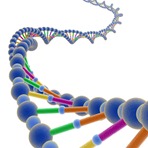 |
63-11 Queens Boulevard We are open on evenings & holidays! |
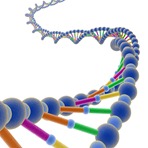 |
AB DNA Testing Services © offers a full range of DNA testing services using the most highly qualified and Certified DNA testing laboratories in the country.
For New York residents, DNA testing has to be performed by a physician or legal entity (court, USCIS, US Embassy or Consulate).
AB DNA TESTING SERVICES © offers a “One-Stop Shopping” service since we have a doctor on the premises who will perform the test. We are open 7 days a week, including weekends.
Prenatal DNA Testing • Immigration DNA Testing • Paternity • Maternity • Grand-parenting • Sibling Relationships • Biological Relationships • Twin Studies • Deceased Paternity • Forensic Testing • Child Identity Testing • Family Tree and Genealogy Testing
Other doctors will charge a fee just for the office visit. We do not charge a fee for our on premises doctor visit. Save money and call for an appointment today!
AB DNA Testing Services ©
718-701-0292
DNA TESTING AVAILABLE FOR BAHAMIAN CITIZENSHIP
ALL SAMPLES ARE COLLECTED IN THE BAHAMAS AND TESTED IN THE US AT AN ACCREDITED LABORATORY. CALL NOW.
In this blog, we will explore the key legal and ethical aspects of DNA testing to help you understand the implications of using this powerful technology. DNA testing has become an invaluable tool in various fields, including healthcare, ancestry tracing, forensics, and legal matters. However, the widespread use of this type of testing raises important legal and ethical questions that need to be carefully considered.

One of the primary ethical concerns with DNA testing is the privacy and confidentiality of genetic information. DNA contains highly sensitive information that can reveal a lot about an individual’s health, ancestry, and identity.
The potential for genetic discrimination is a significant legal and ethical issue. Genetic information could be used to discriminate against individuals in various aspects of life, including employment, insurance, and social interactions.
Obtaining informed consent is a fundamental ethical requirement in DNA testing. Individuals should understand the purpose of the test, the potential risks and benefits, and their rights before agreeing to participate.
DNA testing plays a crucial role in forensic science, helping to solve crimes and identify individuals. However, its use raises ethical concerns about privacy, consent, and the potential for misuse.
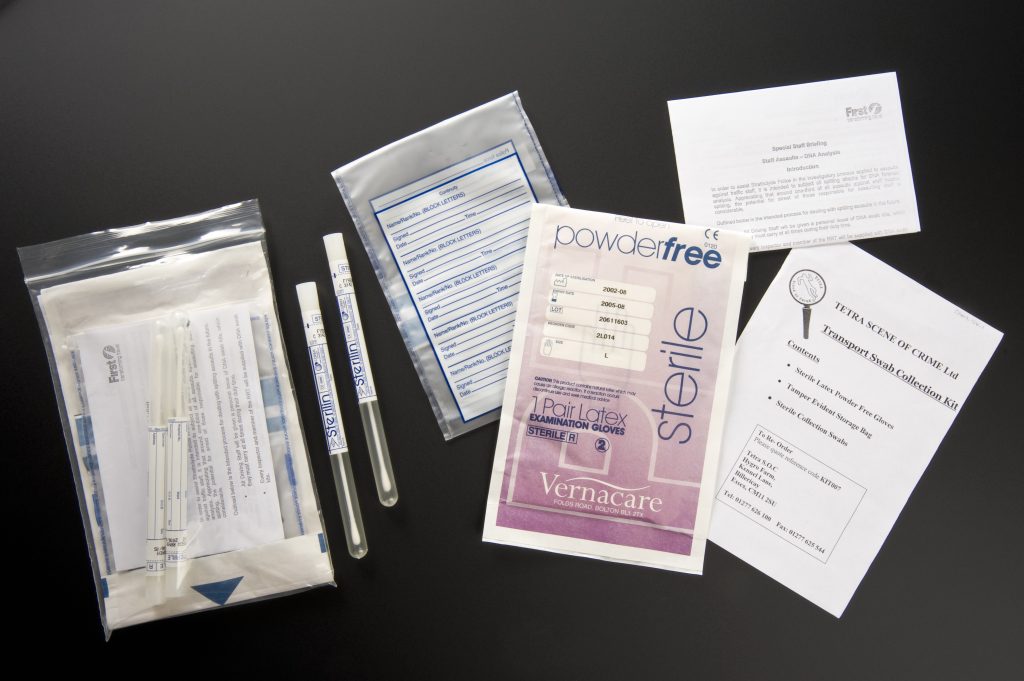
Genetic research holds great promise for advancing our understanding of health and disease, but it must be conducted ethically to protect participants and maintain public trust.
The legal and ethical aspects of DNA testing are complex and multifaceted, encompassing issues of privacy, discrimination, informed consent, forensic use, and research ethics. As DNA testing technology continues to advance, it is crucial to address these concerns to ensure that genetic information is used responsibly and ethically.
For professional and ethical DNA testing services, contact AB DNA Testing Services at our Queens location in New York City.
AB DNA Testing Services ©
63-11 Queens Boulevard
Woodside NY 11377
718-701-0292
In this blog, we’ll explore the importance of DNA testing in medicine and its impact on patient care. DNA testing has become a cornerstone of modern medicine, offering invaluable insights into genetics, disease predisposition, and personalized treatment plans. By analyzing an individual’s genetic makeup, healthcare providers can better understand their patient’s health risks, tailor treatments, and improve overall care.
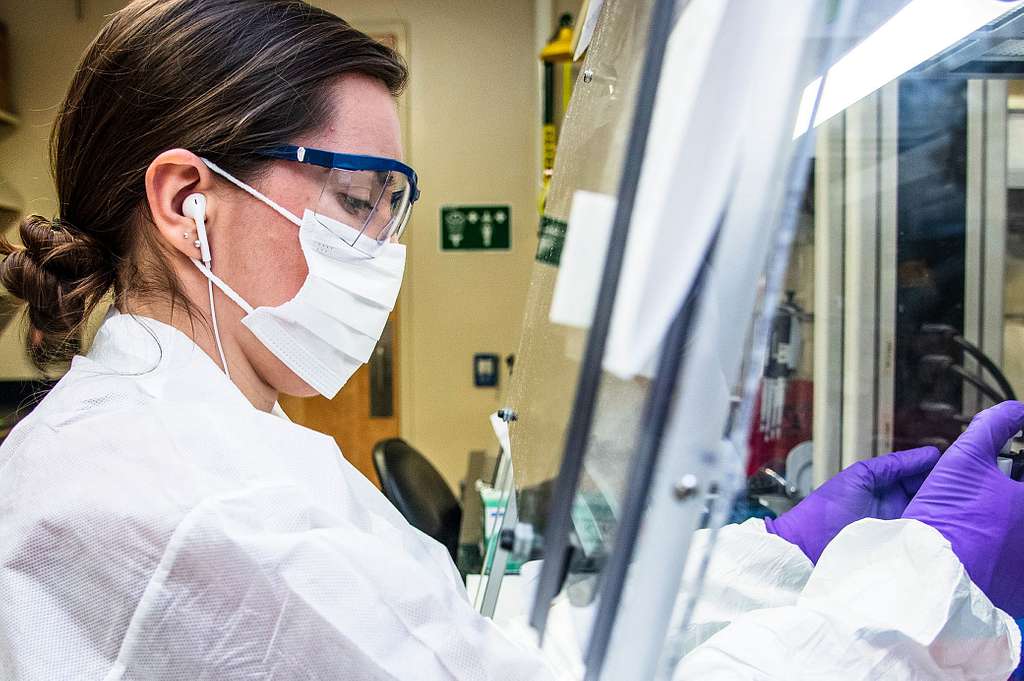
Genetic disorders are caused by abnormalities in an individual’s DNA. DNA testing can identify these abnormalities, enabling early diagnosis and management of genetic conditions.
Prenatal Screening: DNA testing can detect genetic disorders in unborn babies, allowing for early intervention and informed decision-making by expectant parents.
Newborn Screening: Early detection of genetic disorders in newborns can prompt immediate treatment, preventing complications and improving outcomes.
Family Planning: DNA testing helps identify carriers of genetic mutations, allowing couples to understand their risk of passing on genetic conditions to their children.
Informed Decisions: Carriers can make informed decisions about family planning and seek genetic counseling for further guidance.
Personalized medicine, also known as precision medicine, tailors medical treatment to the individual characteristics of each patient. DNA testing plays a crucial role in this approach by providing detailed genetic information that can guide treatment decisions.
Pharmacogenomics is the study of how genes affect a person’s response to drugs. DNA testing can identify genetic variations that influence drug metabolism, efficacy, and risk of adverse effects.
Optimizing Drug Therapy: Healthcare providers can use pharmacogenomic information to choose the most effective medications and dosages for individual patients.
Reducing Adverse Reactions: By understanding a patient’s genetic profile, doctors can avoid prescribing medications that are likely to cause adverse reactions, improving patient safety.
Cancer Treatment: DNA testing can identify specific genetic mutations in cancer cells, enabling the use of targeted therapies that attack those mutations while sparing healthy cells.
Tailored Treatment Plans: Genetic information helps healthcare providers develop personalized treatment plans that are more likely to be effective and less likely to cause side effects.
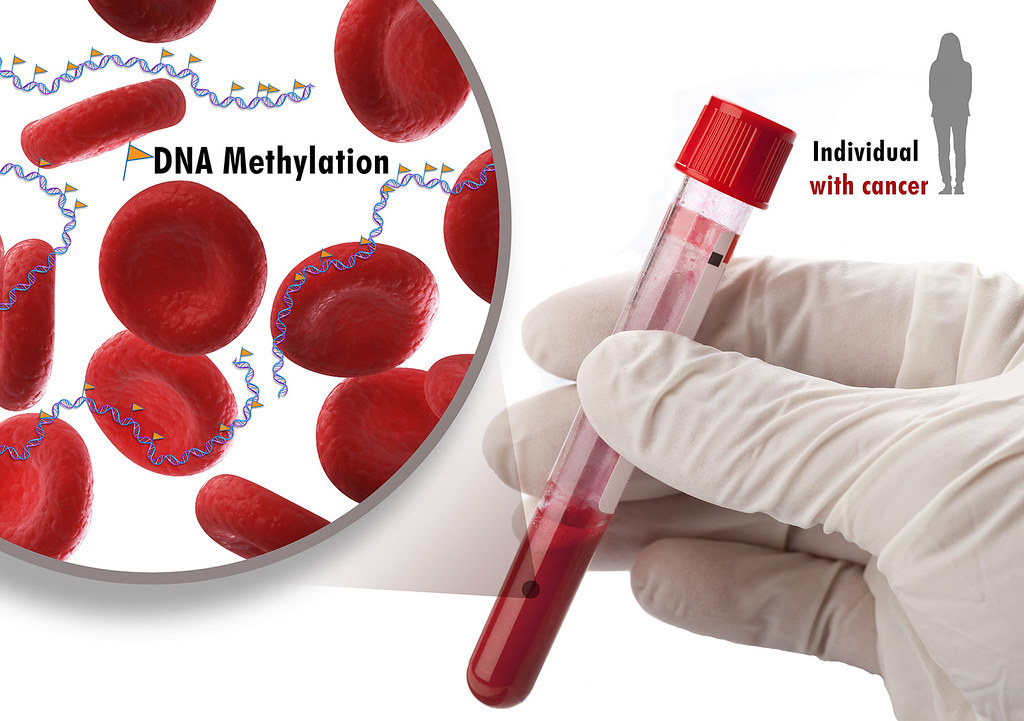
DNA testing can identify genetic predispositions to certain diseases, allowing individuals to take proactive steps to reduce their risk and improve their health outcomes.
BRCA1 and BRCA2 Mutations: Individuals with mutations in the BRCA1 or BRCA2 genes have a higher risk of developing breast and ovarian cancer. DNA testing can identify these mutations, enabling proactive monitoring and preventive measures.
Lynch Syndrome: DNA testing can detect Lynch syndrome, a hereditary condition that increases the risk of colorectal and other cancers. Early identification allows for regular screenings and preventive strategies.
Genetic Markers: DNA testing can identify genetic markers associated with an increased risk of cardiovascular diseases, such as coronary artery disease and stroke.
Preventive Measures: Individuals with a genetic predisposition to cardiovascular diseases can adopt lifestyle changes, undergo regular screenings, and take preventive medications to reduce their risk.
DNA testing is an essential tool in reproductive health, providing valuable information for couples planning a family and for individuals facing infertility.
In Vitro Fertilization (IVF): PGT is used in conjunction with IVF to screen embryos for genetic abnormalities before implantation. This increases the chances of a successful pregnancy and reduces the risk of genetic disorders.
Family Balancing: PGT can also be used for family balancing, allowing couples to choose the gender of their child for personal or medical reasons.
Genetic Causes of Infertility: DNA testing can identify genetic factors that contribute to infertility, enabling targeted treatments and interventions.
Guiding Treatment: Understanding the genetic causes of infertility helps healthcare providers recommend the most appropriate and effective fertility treatments.
DNA testing is a critical component of clinical research, driving advancements in our understanding of genetics and disease. This research leads to the development of new treatments and therapies that improve patient care.
Disease Mechanisms: Genetic research helps uncover the underlying mechanisms of diseases, leading to the development of targeted therapies and preventive strategies.
Biomarker Discovery: DNA testing aids in the discovery of biomarkers that can be used for early diagnosis, prognosis, and monitoring of diseases.
Tailored Trials: Clinical trials can be designed to include participants with specific genetic profiles, increasing the likelihood of discovering effective treatments.
Improved Outcomes: Personalized clinical trials improve the chances of success by targeting therapies to the patients most likely to benefit.
DNA testing has revolutionized medicine by enabling early diagnosis, personalized treatment, risk assessment, and preventive care. As technology continues to advance, the role of DNA testing in medicine will only grow, providing even more opportunities to improve patient outcomes and advance our understanding of genetics and disease.
For professional DNA testing services in New York City, Queens, and the Tri-State area, contact AB DNA Testing Services ©.
AB DNA Testing Services ©
718-701-0292